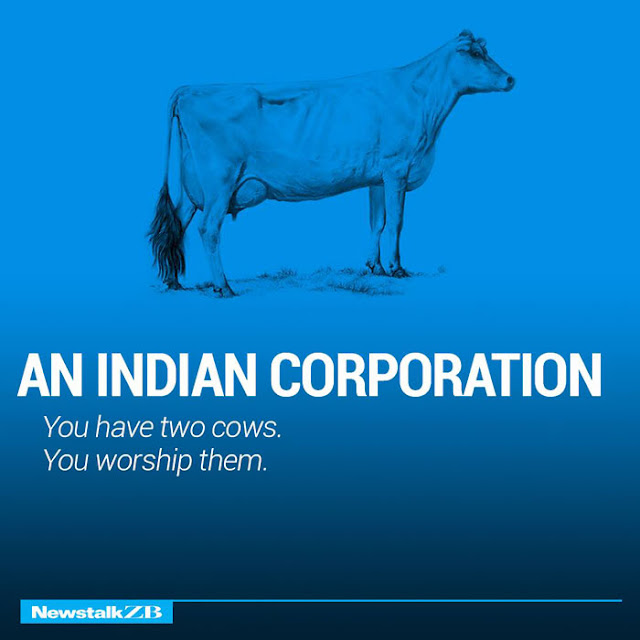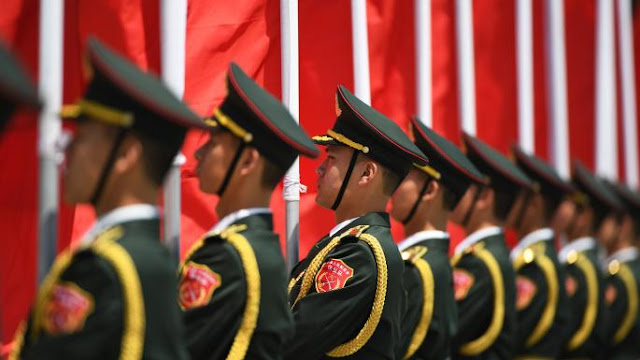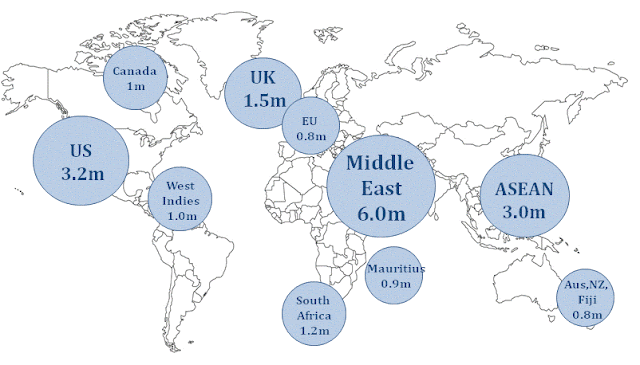Timely Meditations: Comrade Corbyn's Brexit

There are times in politics when being in opposition isn't a bad thing. With Brexit tearing the Tory Party, and with it, politics as usual, apart, Jeremy Corbyn feels lucky to be sitting on the opposite side, watching the hapless Prime Minister trying to achieve the unachievable. So far, he has played the usual political game of obfuscation, never really taking a stance, letting the Tory Brexit fall apart on its own. Self-consciously, he stood up every day at the PMQs and got through it never really challenging the Prime Minister on the subject, almost making the point that her incompetence is self-evident. It was a clever stance. It is hard to do what-ifs, but one can possibly argue that Corbyn's lack of stance unleashed the Tory civil war in full view. The political calculation of the Labour front bench was perhaps to enjoy a period of calm, after all the Blairite sniping of the past couple of years, and keep everyone guessing. Without this, Jacob Rees Mogg...







